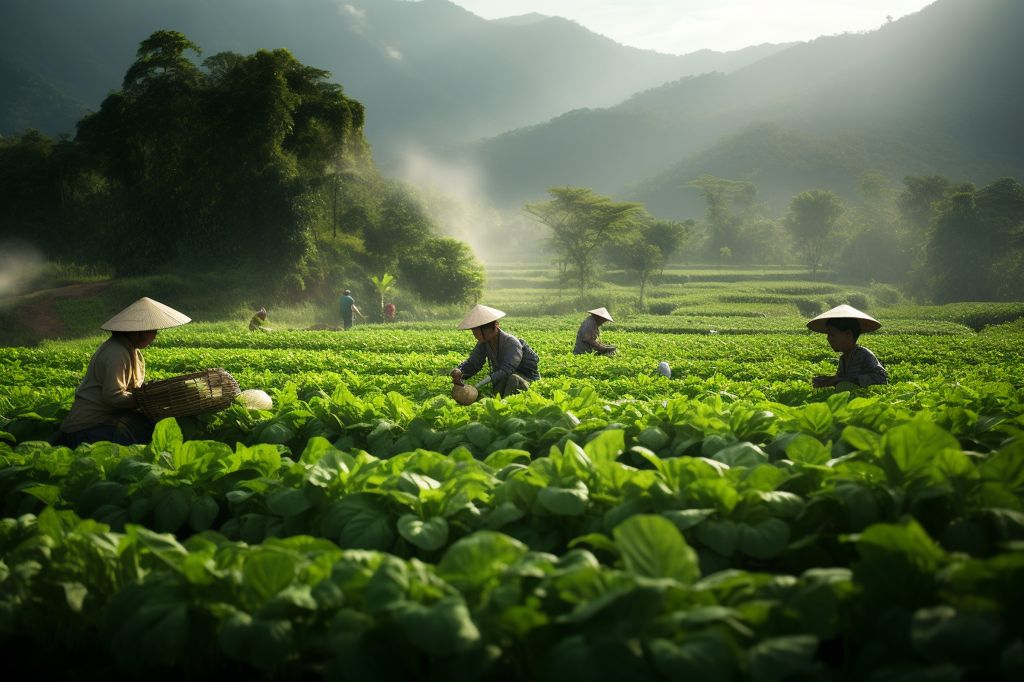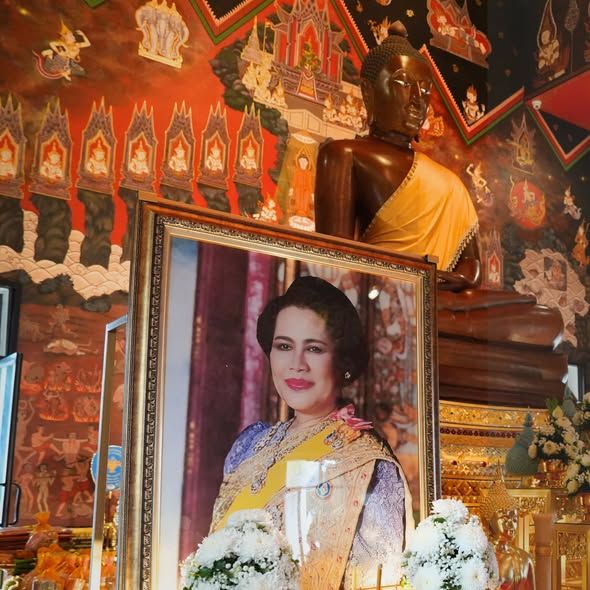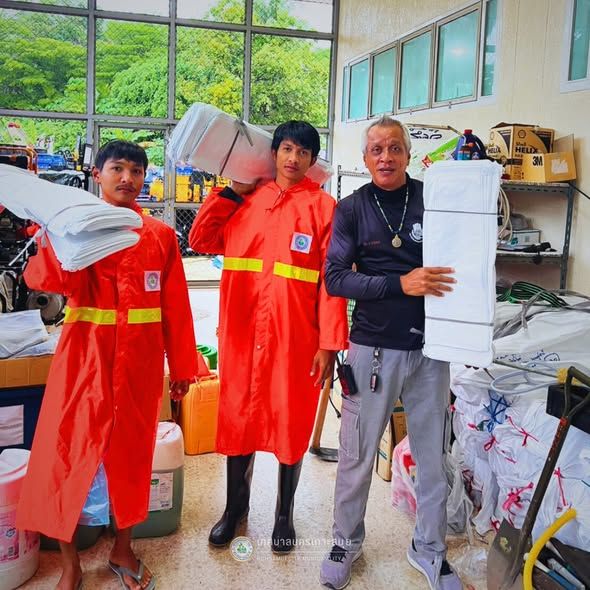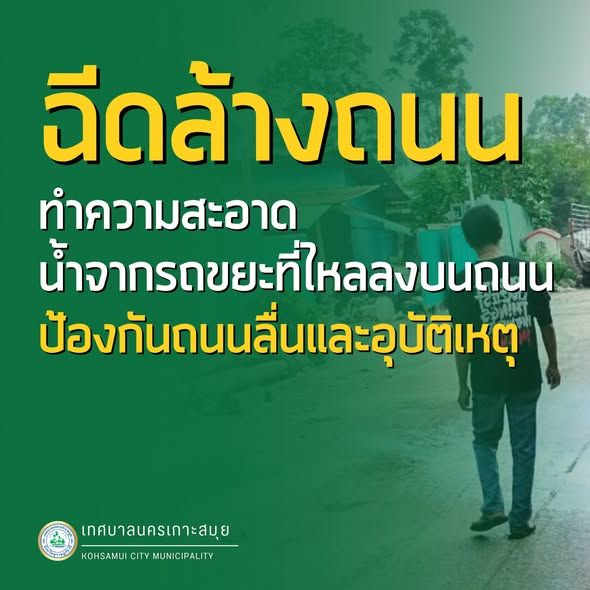Embracing Traditional Thai Medicine
The Covid-19 pandemic has opened new doors for traditional Thai medicine (TTM), as people increasingly embrace herbal remedies. TTM has quickly become an integral part of Thai culture, offering a diverse range of traditional herbs as alternative treatments.
A Shift in Perspective: From Supplements to Medicine
Before the pandemic, herbs were primarily seen as dietary supplements or food, with the majority of TTM users being elders. However, limited medicine stocks during the pandemic, along with border closures, led to a shortage of modern medicines, prompting a shift in people’s attitudes towards traditional treatments.
Dr. Pakakrong Kwankhao, head of the Thai Traditional and Herbal Medicine Centre at Chao Phya Abhaibhubejhr Hospital, noticed an increase in younger herbal medicine users as traditional herbs gained recognition for their medicinal properties and potential to prevent and treat Covid-19.
Accessibility and Friendliness of TTM
Adisorn Pukanad of the Thai Traditional Medicine Foundation highlights the accessibility of TTM, as patients do not require a doctor’s prescription or hospital visit to obtain the medicine. “Although the efficacy may be lower, it is friendlier to health,” he said. Herbal medicine is now also available in capsule form, making it more convenient and appealing to consumers.
Expanding TTM’s Reach and Applications
TTM is not limited to consumables. Traditional massage therapist Jua Inthan explains that the herbal mixture used in luk prakob (herbal compress balls) can be therapeutic and soothing. The liquid from the herbs seeps into the skin during a massage, promoting blood circulation.
However, initial doubts about the efficacy and health safety of TTM persist. Critics argue that some herbal cures lack sufficient scientific evidence and laboratory findings, with knowledge about traditional herbs often derived from practitioners’ experience and unverified historical records.
Research and Development in TTM
At the Chaophraya Abhaibhubejhr Hospital, a group of professionals is conducting research to support the efficacy of herbs in treating diseases. Currently, the hospital utilizes herbs to treat patients with sleeping disorders and some chronic conditions.
To meet the growing demand for herbal medicine, hospitals and firms are collaborating with local farms to grow more herbs, while importing unsuitable herbs for tropical climates through wholesalers.
Promoting Thai Herbs Overseas
The Department of Medical Science (DMS) is studying the safety of herbs for consumers, focusing on the genetic toxicity of herbs under the Organization for Economic Co-operation and Development and Good Laboratory Practice guidelines. Pharmacist Patamaporn Prueksakorn at the DMS believes that a thorough study and lab certification will benefit the promotion and sales of Thai herbs overseas, as destination countries will not have to perform quality checks again.
In recognition of Thai herbal medicine’s value, the Ministry of Public Health established the Department of Thai Traditional and Alternative Medicine in 2002. Its aim is to preserve and promote traditional Thai healing methods while integrating Thai medicine into the modern healthcare system.




